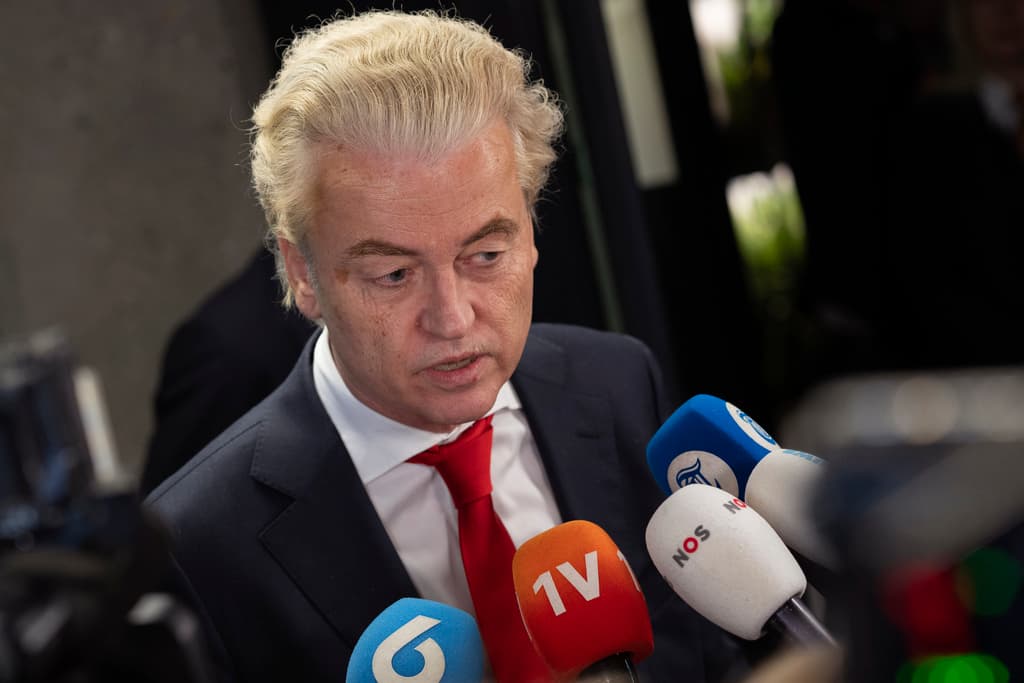Europe’s Rising Right-Leaning Political Parties Lean In on Robust Support for Israel
The electoral shake-up around the corner in Europe could reverberate in Israel, too — but in an encouraging way.

By now the narrative is so familiar it is almost soporific: Europe’s right-wing parties, or most of them, are poised to leap ahead of many of their rudderless left-wing counterparts in the EU’s parliamentary elections 10 days from now.
That has most of the reflexively liberal press from Politico to CNN in something of a panic, to the extent that it obscures a far more interesting question — namely, exactly what the “far right” intends to do with the power it could find itself wielding after June 9.
A login link has been sent to
Enter your email to read this article.
Get 2 free articles when you subscribe.

